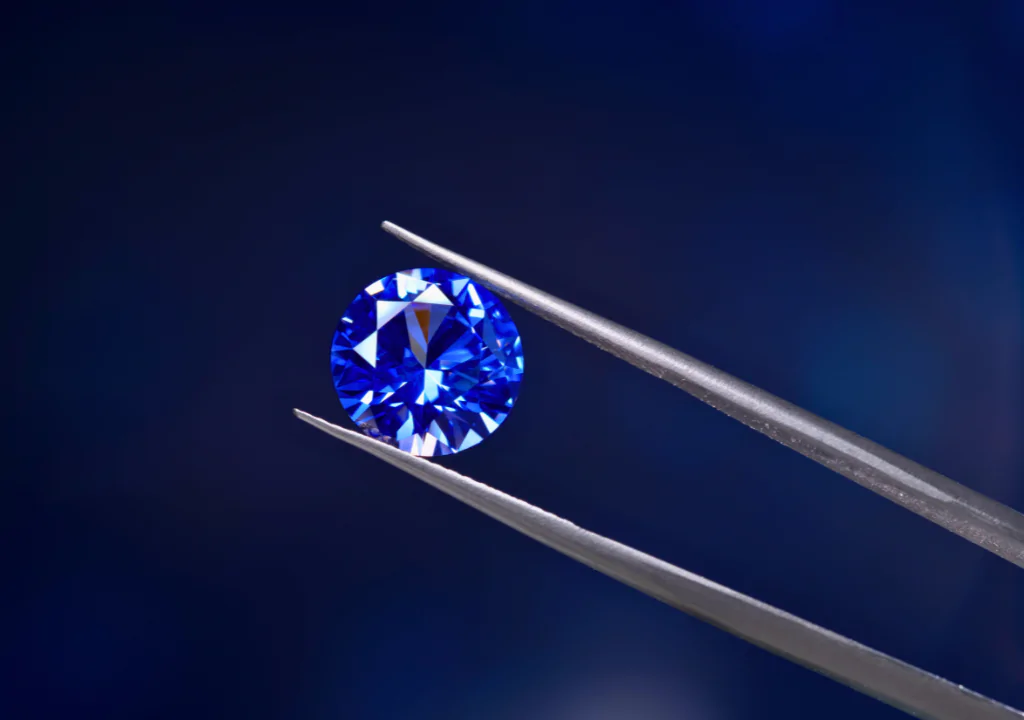
Blog
Certified vs. Uncertified Gemstones: What You Need to Know Before Buying

Buying a gemstone is more than just picking a pretty stone — it’s an investment. Whether you’re a jeweller, a collector, or someone shopping for a special occasion, understanding the difference between certified and uncertified gemstones is crucial for making a smart, informed purchase.
What is a Certified Gemstone?
A certified gemstone is one that has been evaluated and authenticated by a recognized gemological laboratory. These independent labs examine the stone’s key attributes — including origin, color, cut, clarity, carat weight, and whether it has been treated — and issue a formal certificate detailing these qualities.
Common and trusted gemological labs include:
- GIA (Gemological Institute of America)
- IGI (International Gemological Institute)
- GRS (GemResearch Swisslab)
- GUBELIN Gem Lab
This certificate serves as proof of authenticity and quality, protecting both the buyer and seller in any transaction.
Why Certification Matters
When you purchase a certified gemstone, you’re not just buying beauty — you’re buying confidence. Here’s why certification is important:
- ✅ Verified Quality: Know exactly what you’re getting. No surprises.
- ✅ Resale Value: Certified stones retain and often increase in value.
- ✅ Transparency: See whether the stone has been treated or enhanced.
- ✅ Trust & Security: Especially critical for high-value stones like emeralds and diamonds.
Without certification, there’s always the risk of buying a misrepresented or synthetic gemstone, which may look genuine but hold far less value.
The Risks of Uncertified Stones
Uncertified gemstones might be tempting due to their lower price, but the risks include:
- Inaccurate grading of color and clarity
- Undisclosed treatments or synthetic materials
- Difficulty in reselling or appraising the stone later
Buying uncertified stones can lead to financial loss, especially if you’re reselling or incorporating the gemstone into high-value jewellery.
What to Look For in a Certificate
A proper certificate should include:
- Full gemstone identification
- Detailed grading of key attributes (cut, clarity, carat, color)
- Origin, if determinable
- Treatment disclosure
- Unique report number and date
Always ask for the original certificate, not just a photocopy or digital image.
At Nirvana Gemstones, every high-value stone is accompanied by a recognized certificate, ensuring transparency and trust. We believe in educating our clients as much as we do in delivering quality — because a well-informed buyer is a happy buyer.

